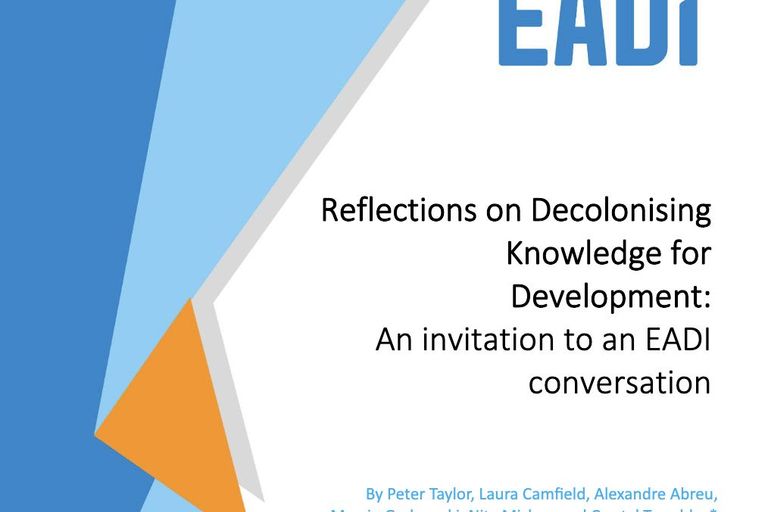
Elisabeth Schubiger, cheffe de projet
Depuis mars 2024, cette anthropologue sociale travaille comme collaboratrice scientifique auprès du groupe de pilotage Recherche en développement durable et de la Commission pour les partenariats de recherche avec les pays en développement.
Immagine: Andres Jordi
New KFPE President
Isabel Guenther from ETH NADEL Center for Development and Cooperation has been elected as the new president of KFPE. The KFPE is delighted to have an inspiring and committed new president to work with. Isabel Günther is the successor to Thomas Breu, who has led the KFPE successfully and with great passion over the past six years.

New KFPE members 2024
Kristina Lanz from allianceSud and Achim Wennmann from IHEID have been elected as new members of the KFPE. We are honored to welcome you to our board and we are looking forward to your contributions to push KFPE to the next level.







